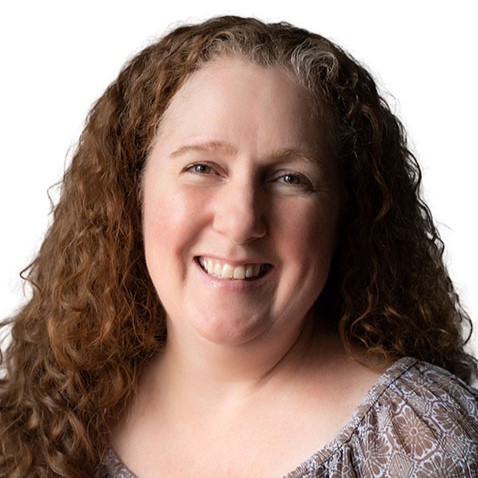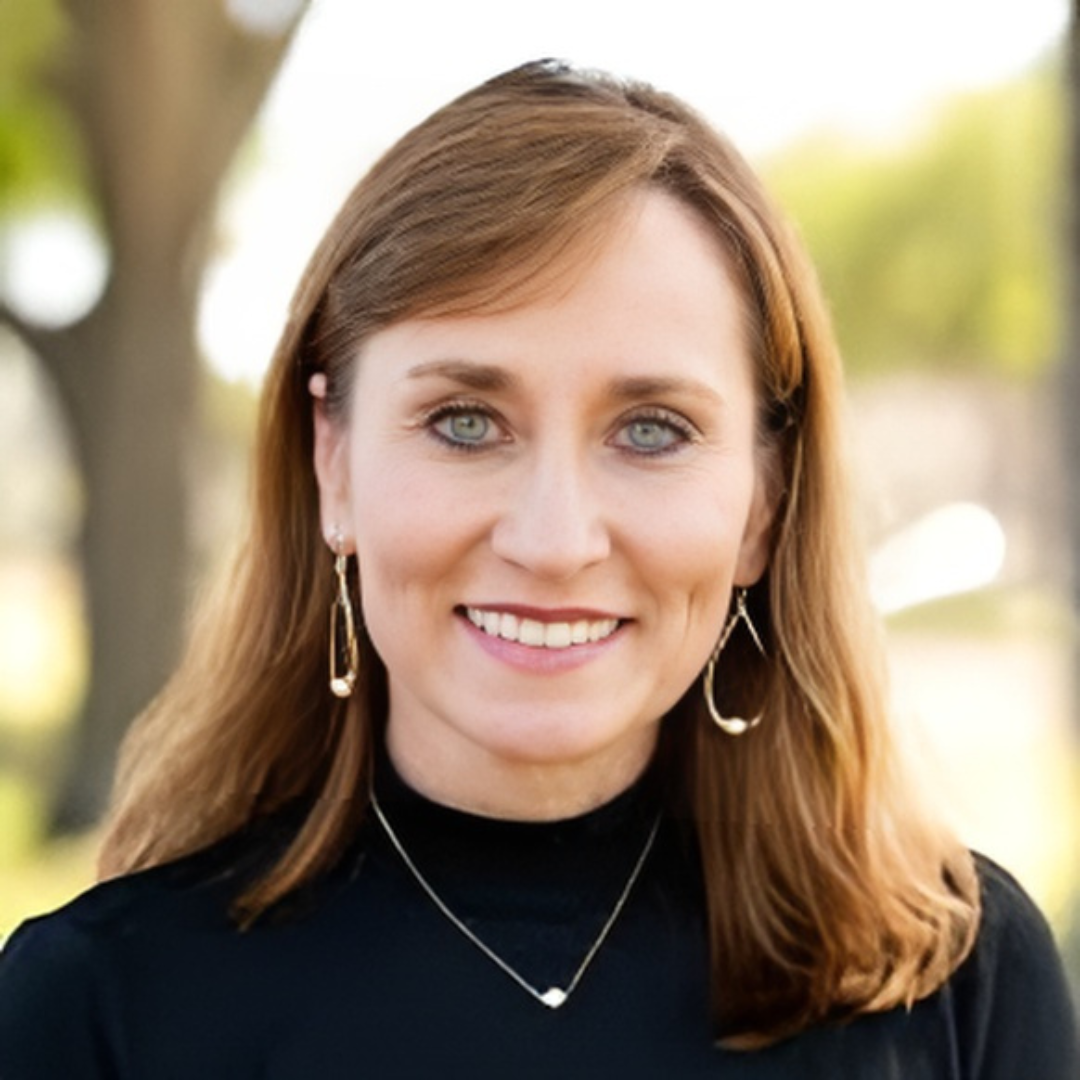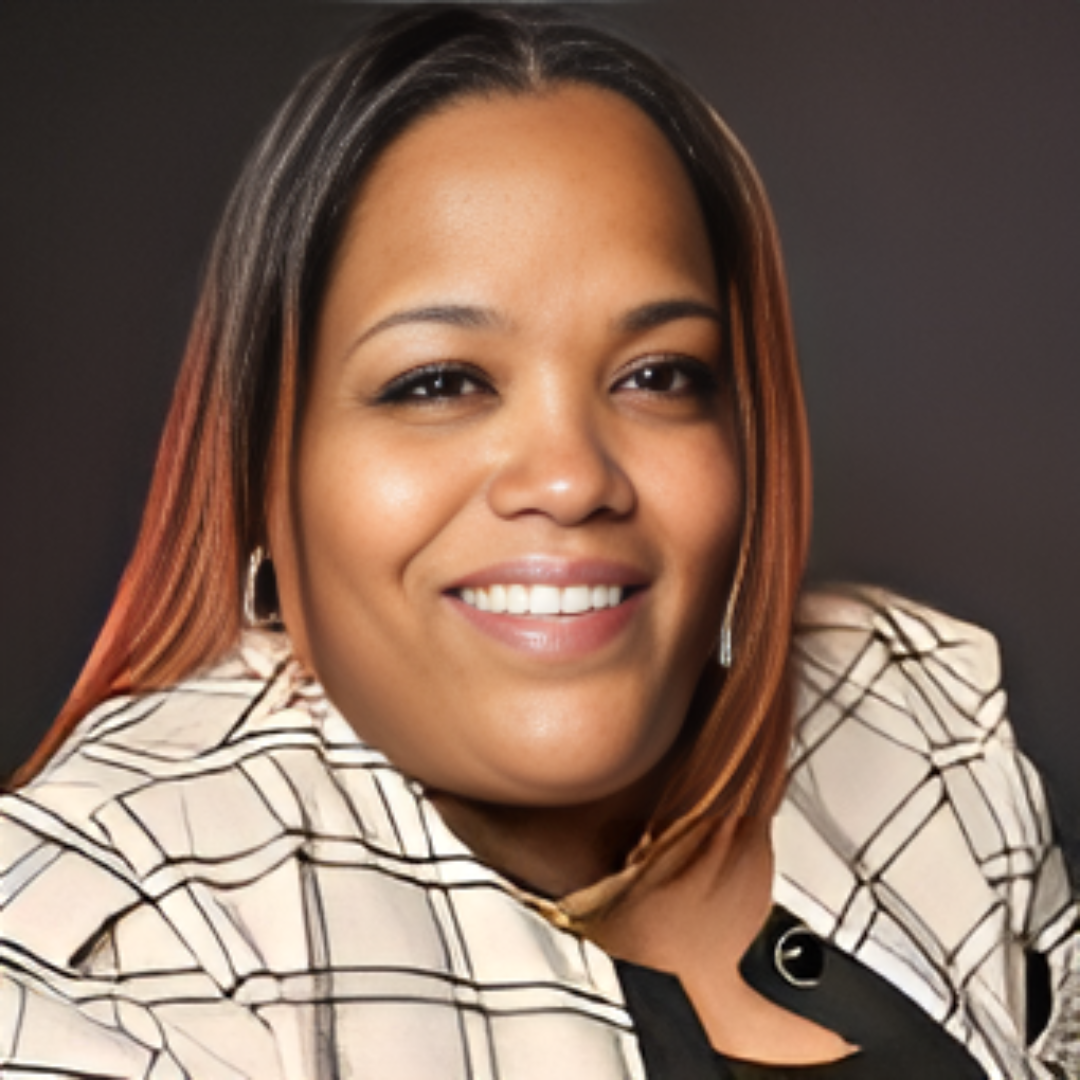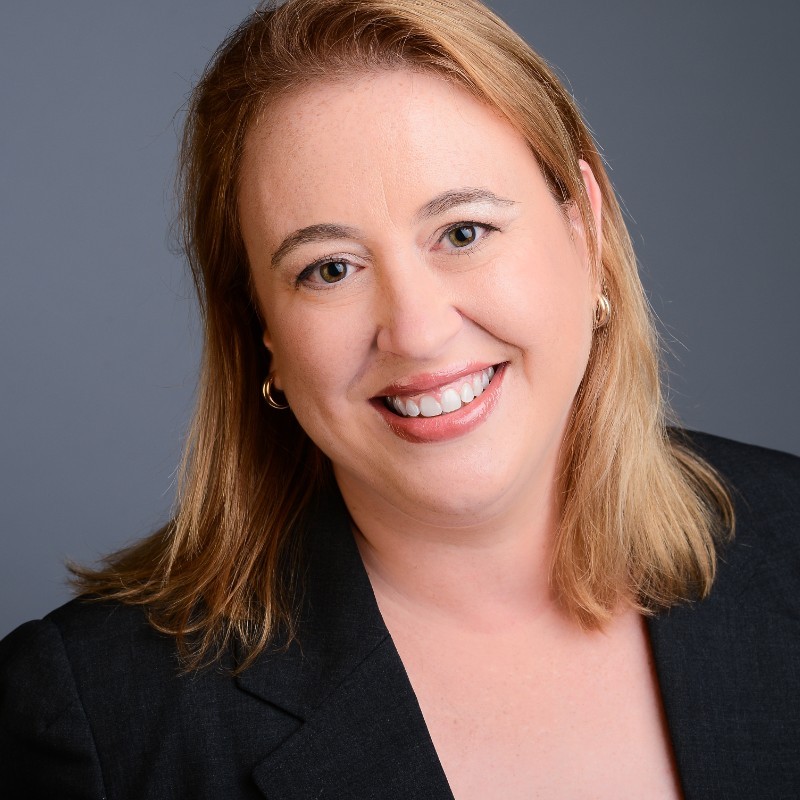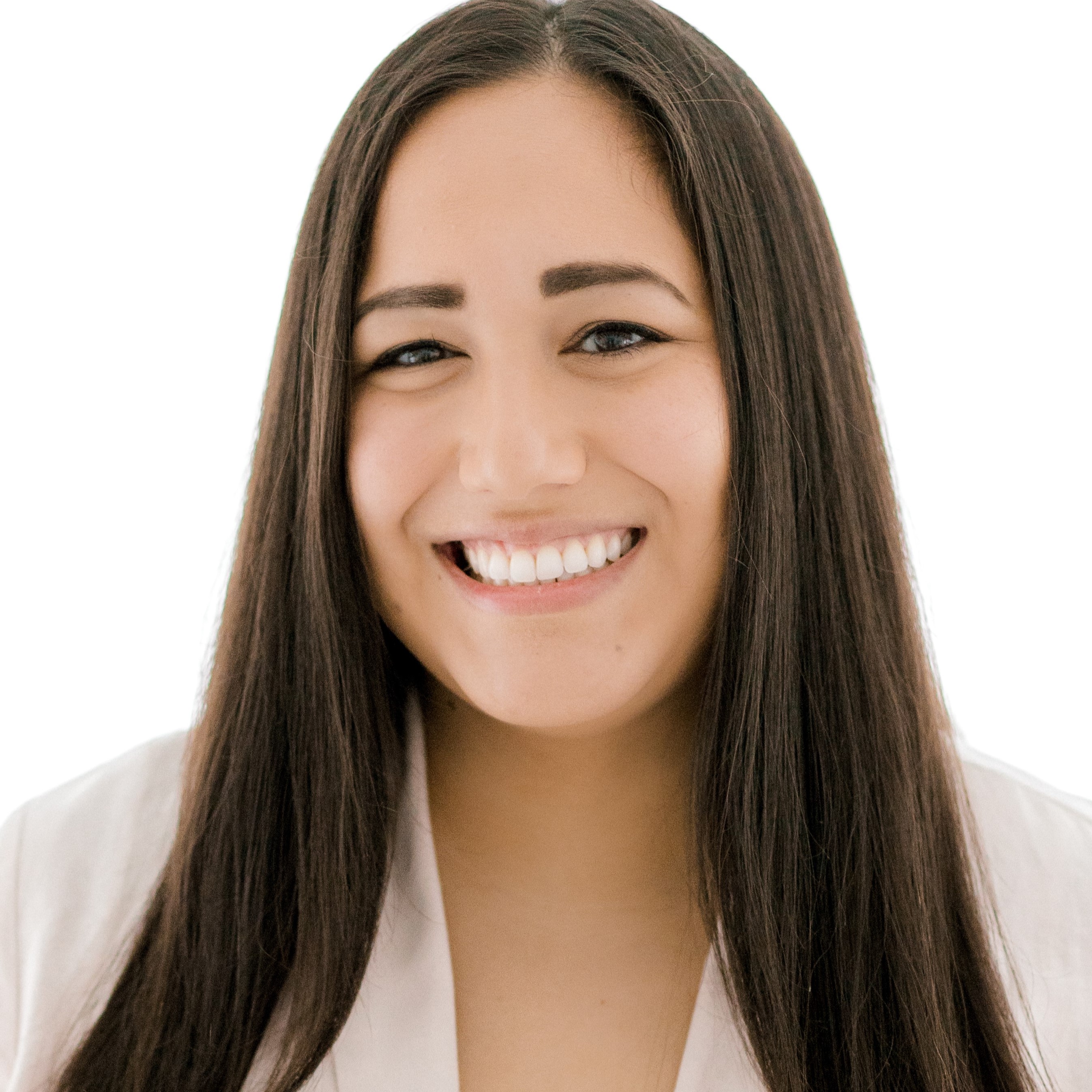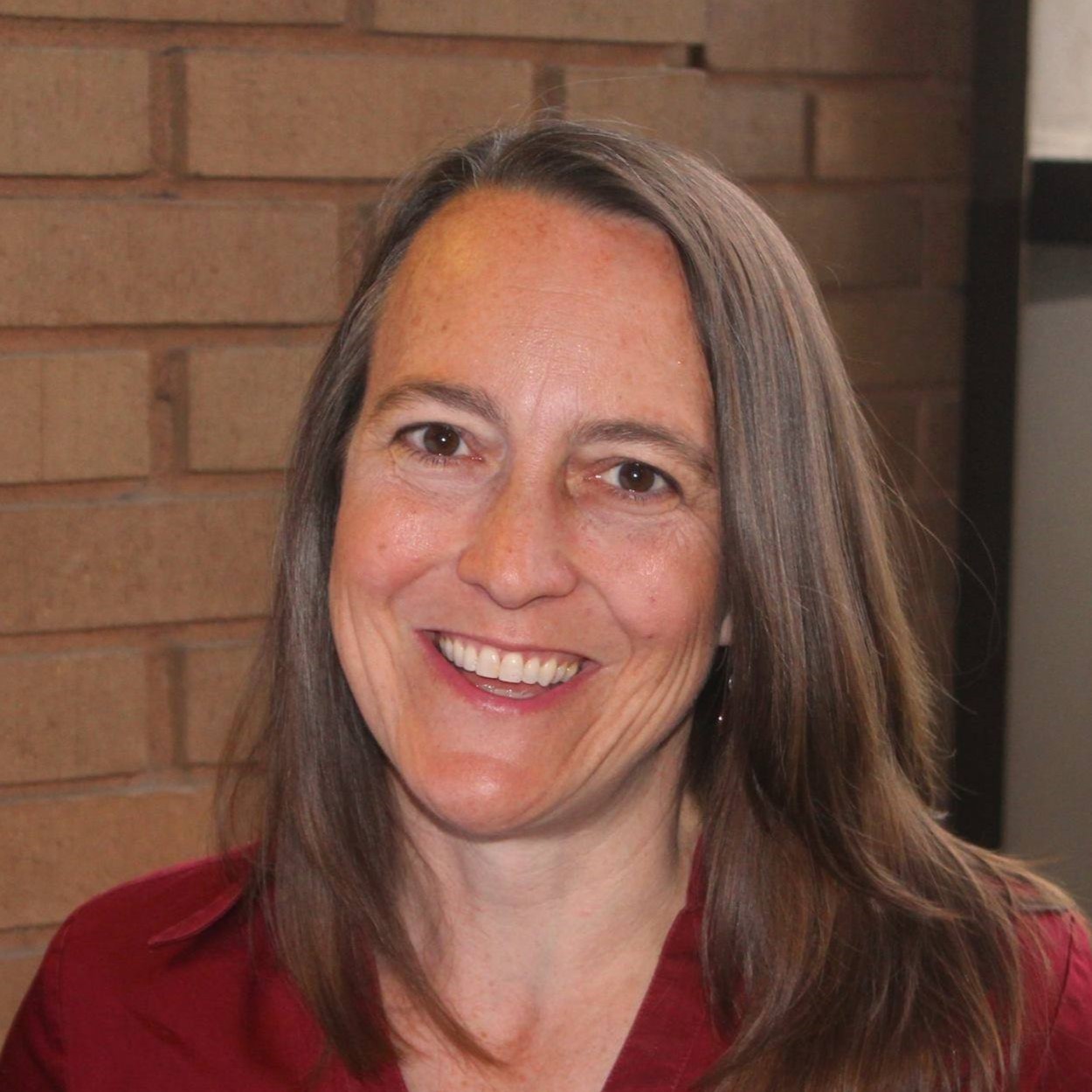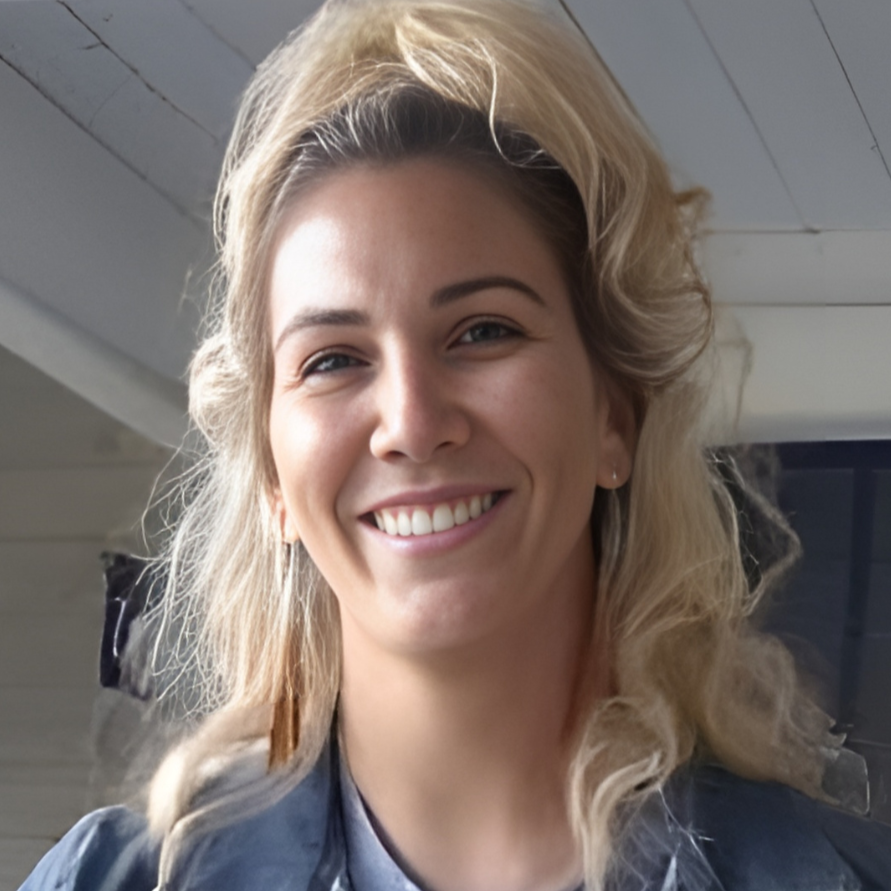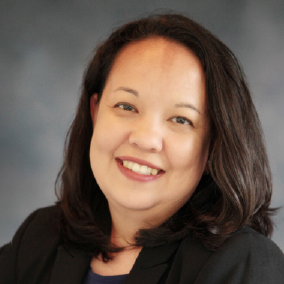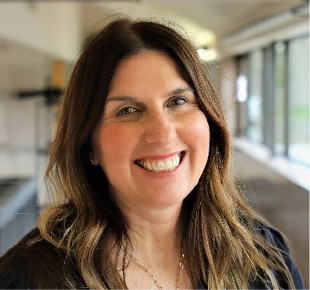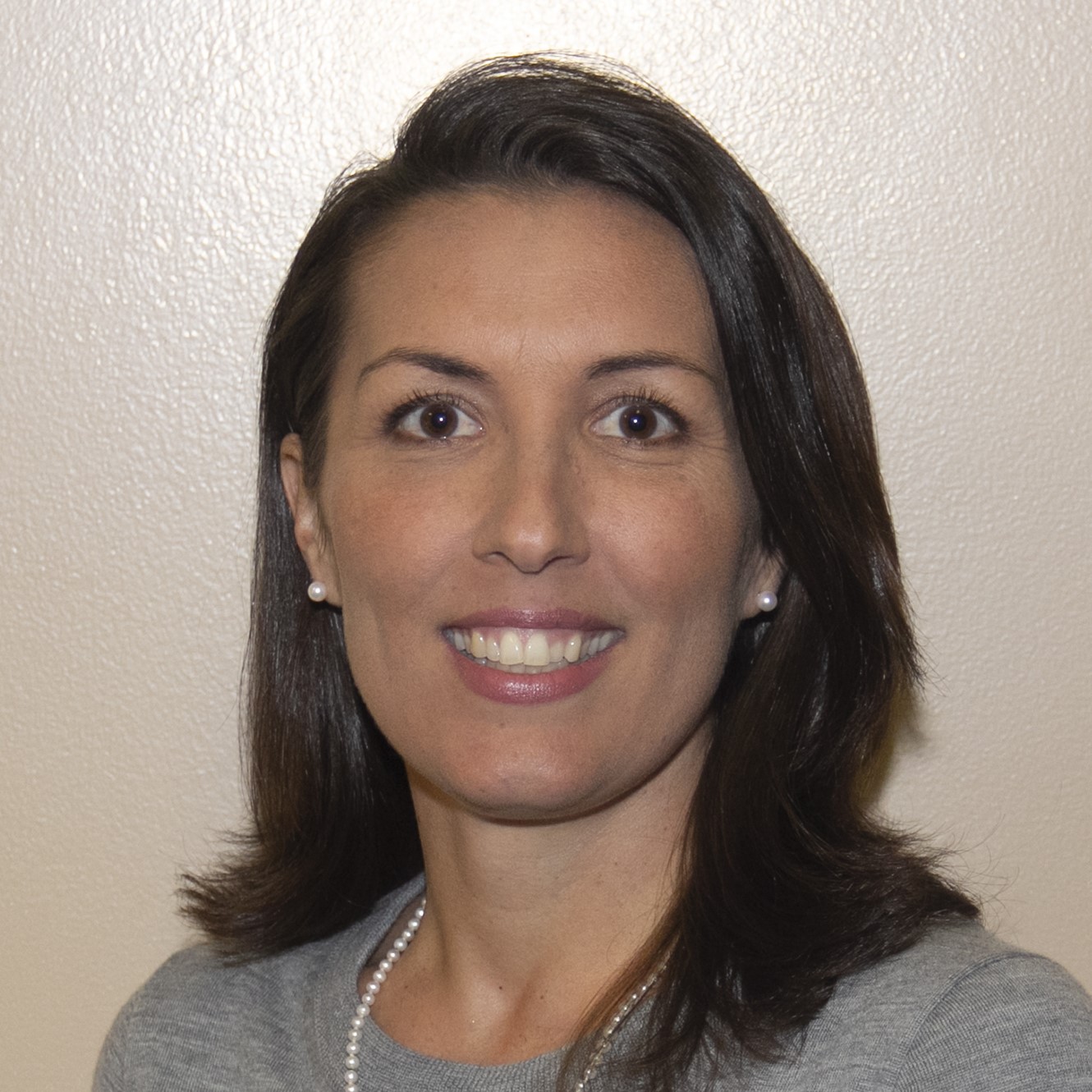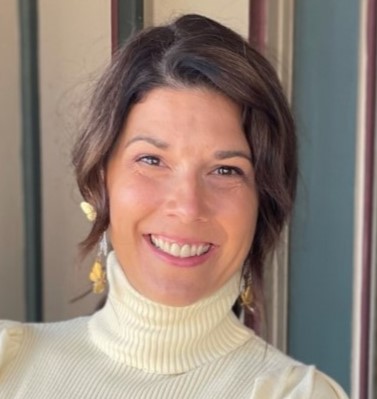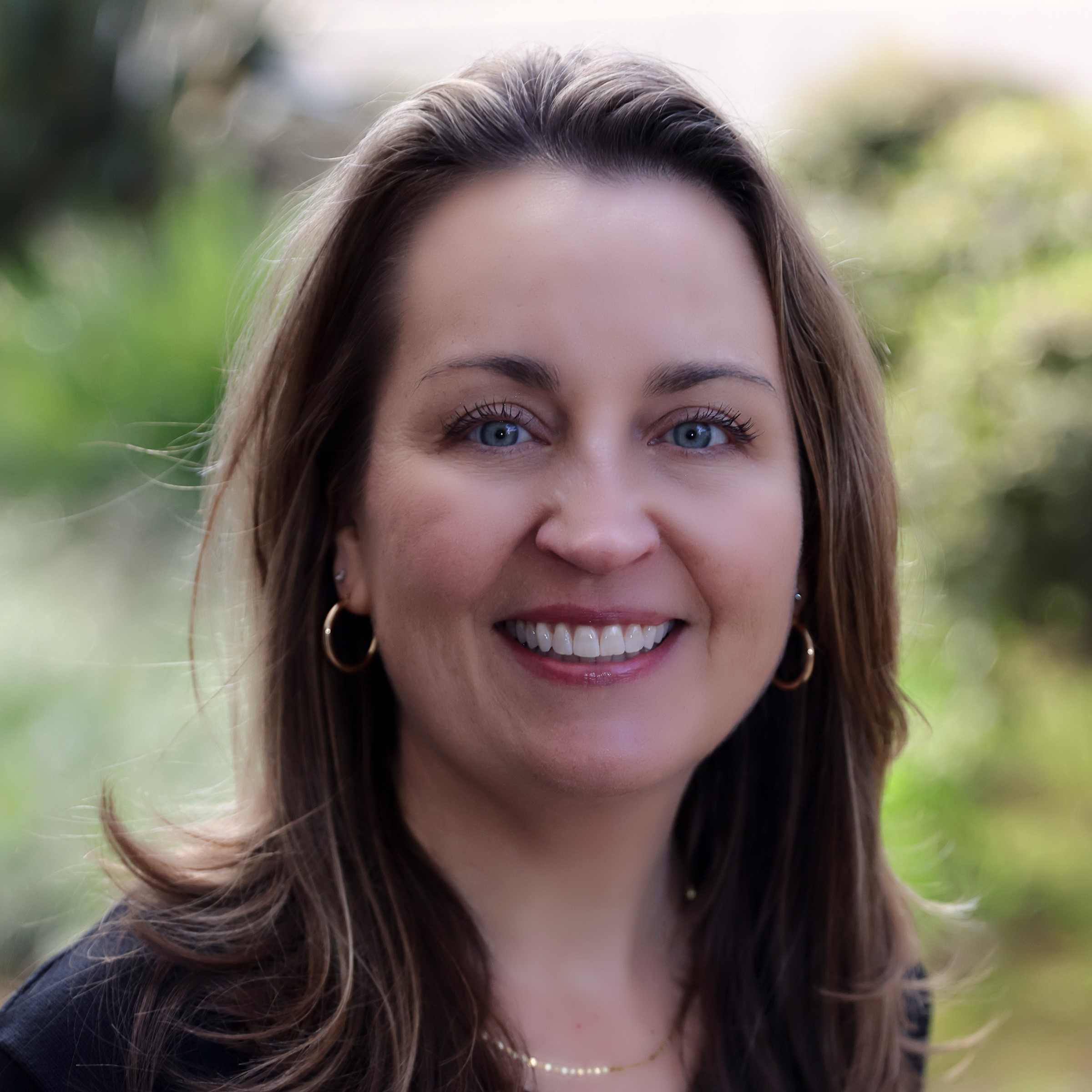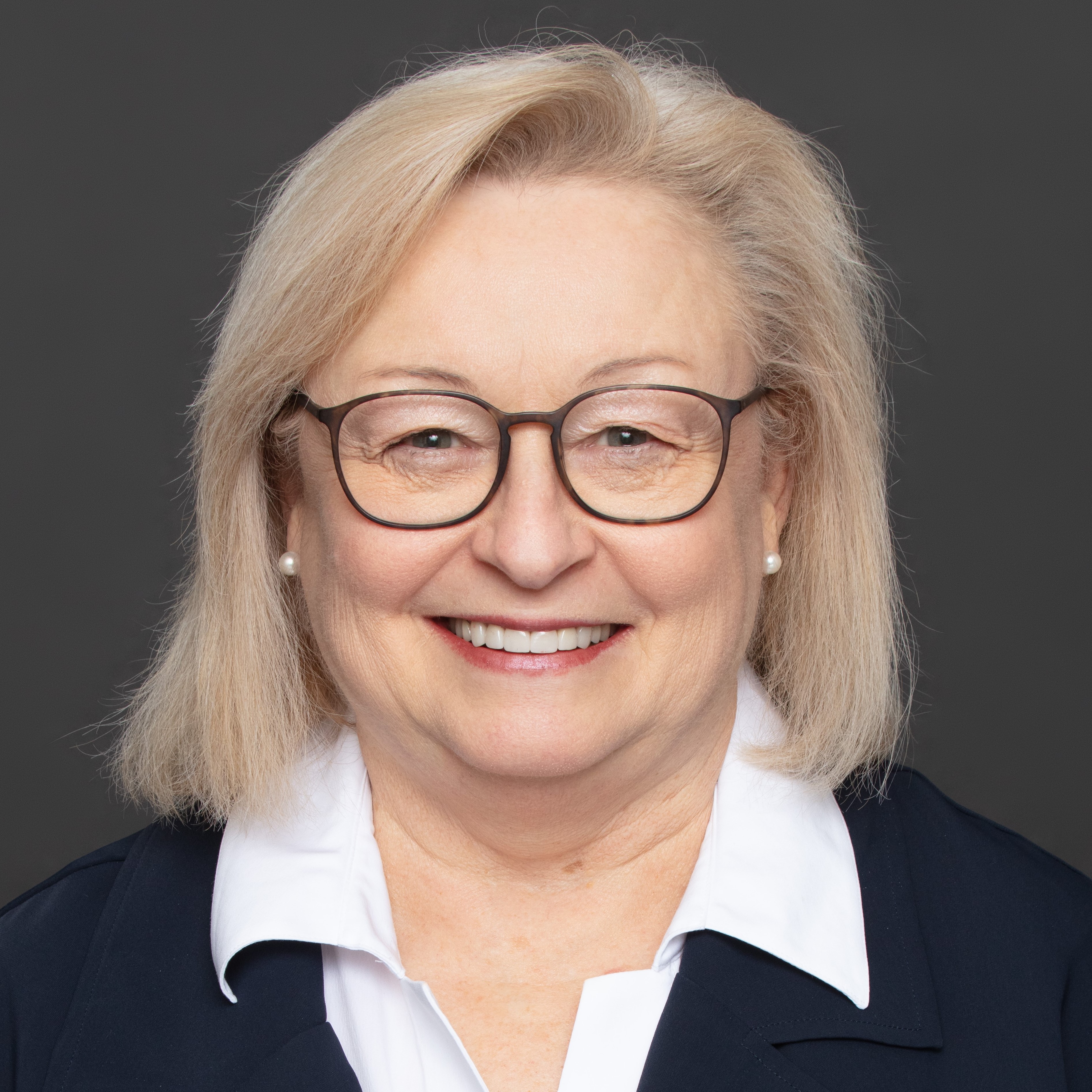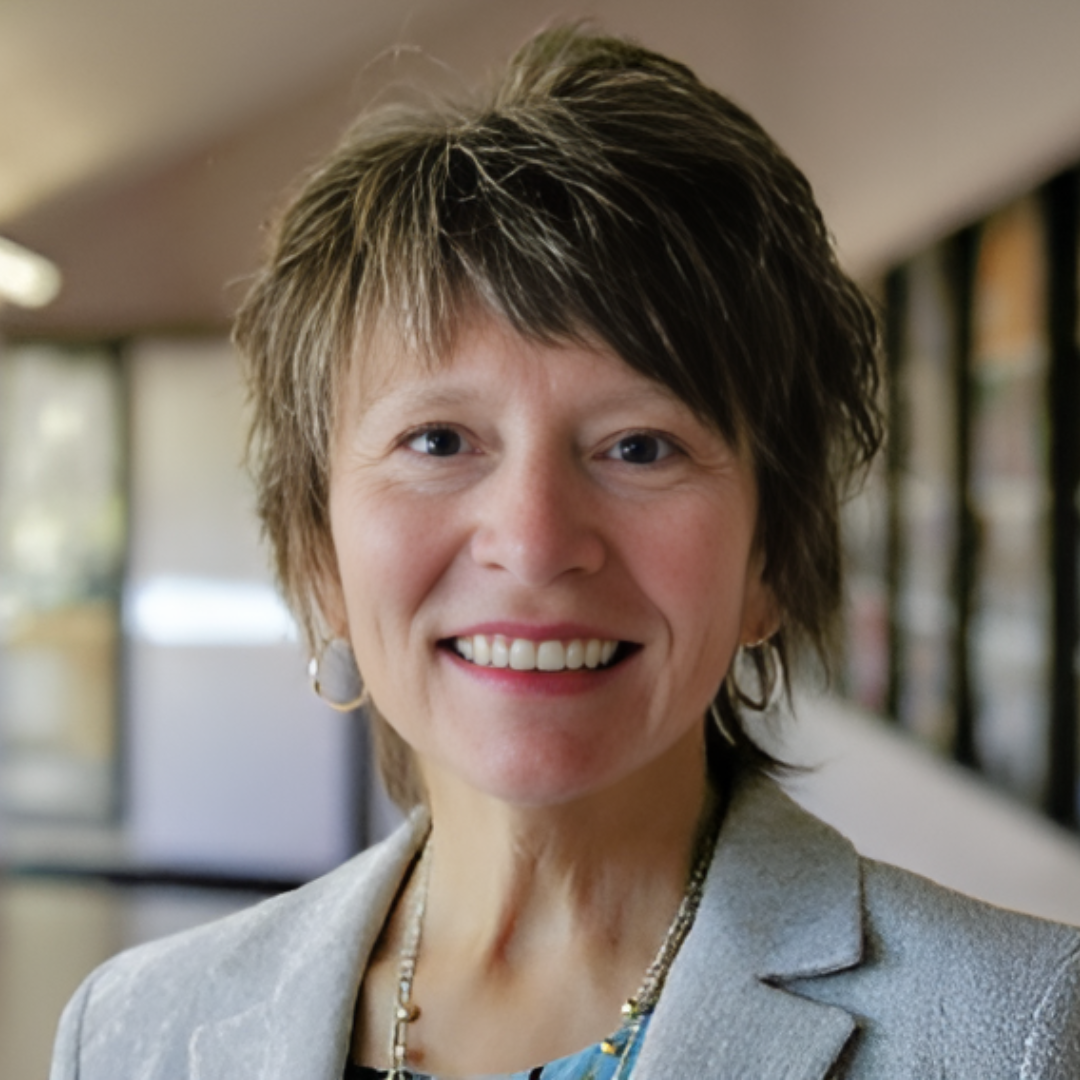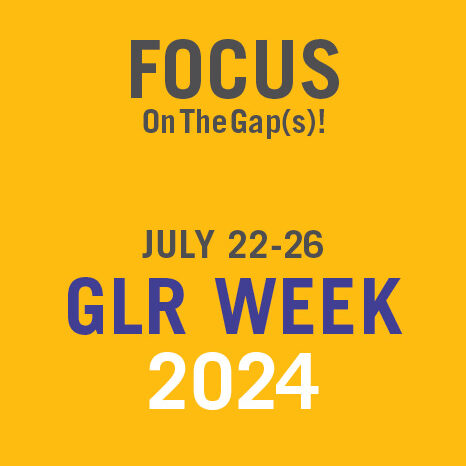
- This event has passed.
Ready on Day One: Strategies and Tools to Support CGLR Community Coalitions With School Success

In our GLR Week session specially designed to unite CGLR community coalitions, community and state leads, partners and funders, we hosted a robust conversation with local field experts and practitioners about strategies and tools that have proven results.
We engaged with and learned from CGLR community and state leads who are directly addressing equitable learning and opportunity gaps with coordinated strategies and tools. Three breakout rooms were used to cover the topics of 1) high-impact tutoring, 2) school attendance and 3) community supports and services. During the session, attendees will choose one of the three discussion groups to dive deeper into how the strategies are applied directly in the field.
High-Dosage Tutoring
CGLR acknowledges the significant gains high-impact tutoring offers to children who need extra support and has hosted several GLR Learning Tuesdays webinars about this topic. This BLOG post on CGLR’s LEO website offers key takeaways that contribute to successful tutoring programs. The breakout room about high-impact tutoring will share two incredible strategies happening in the CGLR communities of St. Louis, Missouri, and Tupelo/Lee Counties, Mississippi.
School Attendance
Attendance Works, a national nonprofit and long-standing partner to the Campaign for Grade-Level Reading, launched its annual Attendance Awareness Campaign this past spring with a theme of “Be Present, Be Powerful.” Join this breakout room conversation to learn more about how school leaders in Yuma, Arizona, and members of the Community Schools network in Lehigh Valley, Pennsylvania, are applying this theme and ensuring children and families have what they need to attend school every day.
Community Services and Supports
CGLR’s 2023–2026 Civic Action and Advocacy Agenda provides a call to action toward taking these steps to address equitable learning: 1) promoting out-of-school learning by making learning-rich environments community-wide, abundant and ubiquitous; 2) strengthening kindergarten into a more sturdy bridge between the early years and early grades; 3) partnering with public housing agencies and school districts to build the 24/7/365/2Gen “surround-sound” system of care, services and supports; and 4) expanding and scaling promising programs around high-dosage tutoring. This breakout room will explore how these actions can be brought to implementation as families prepare their children for school.
Panel
